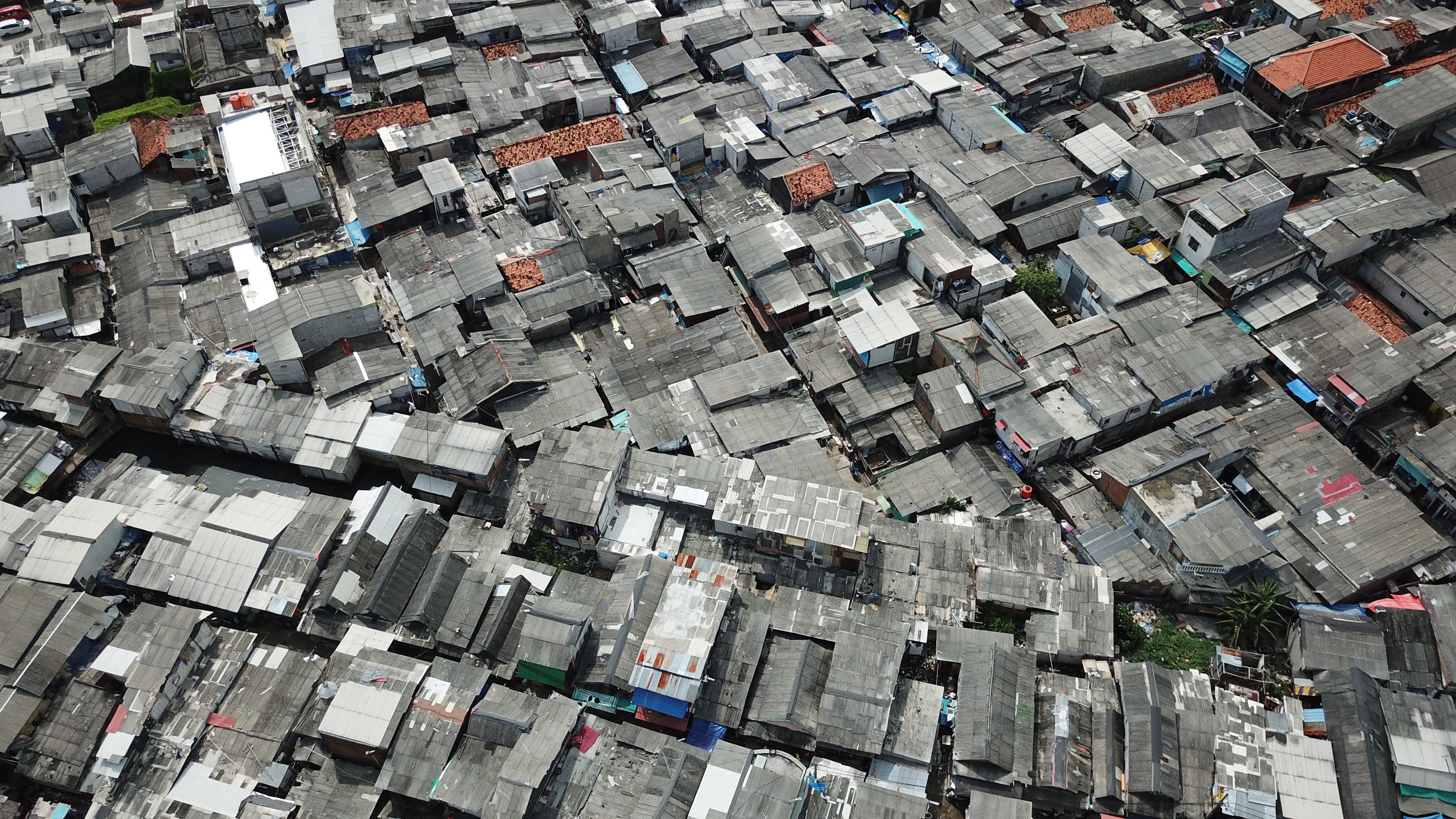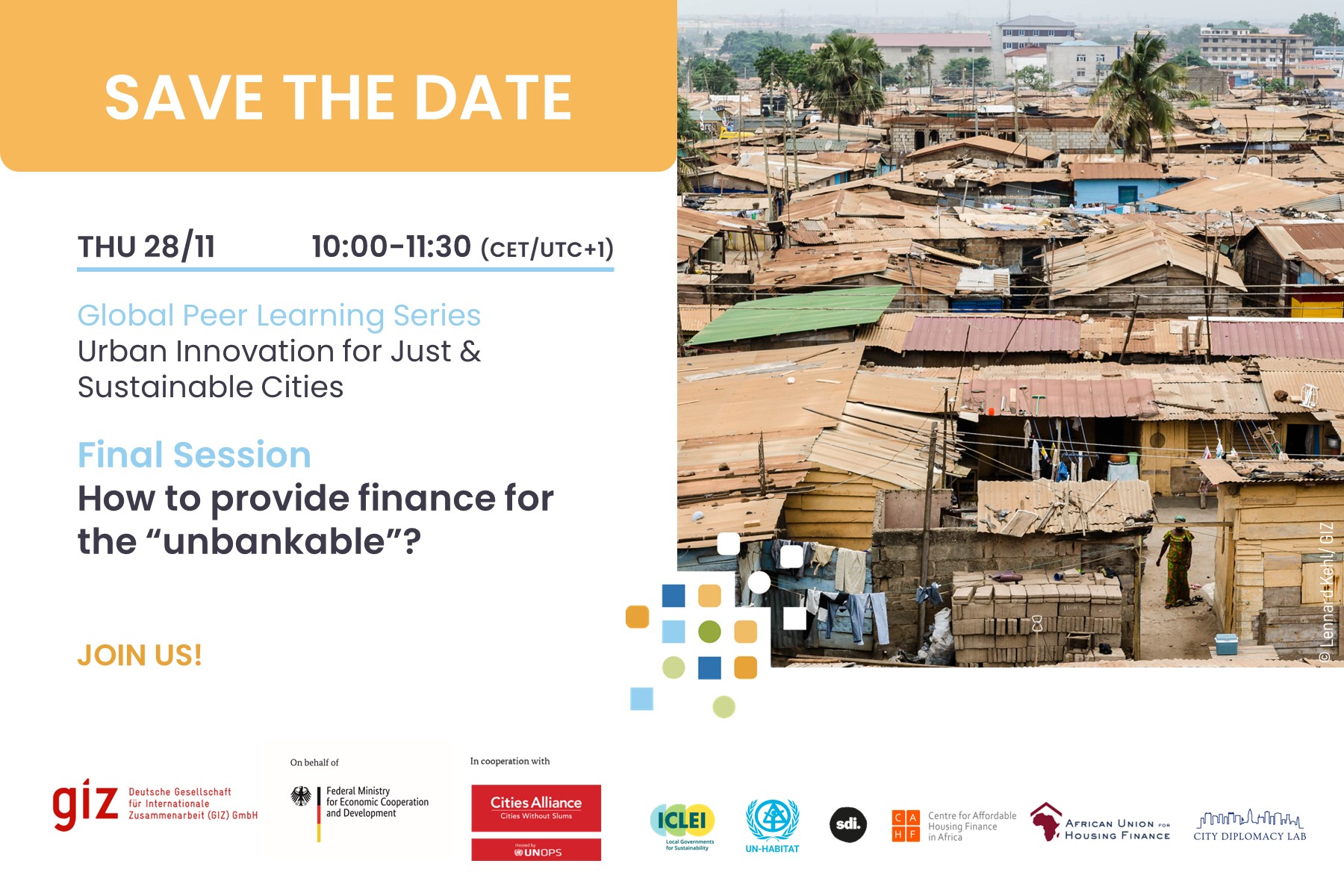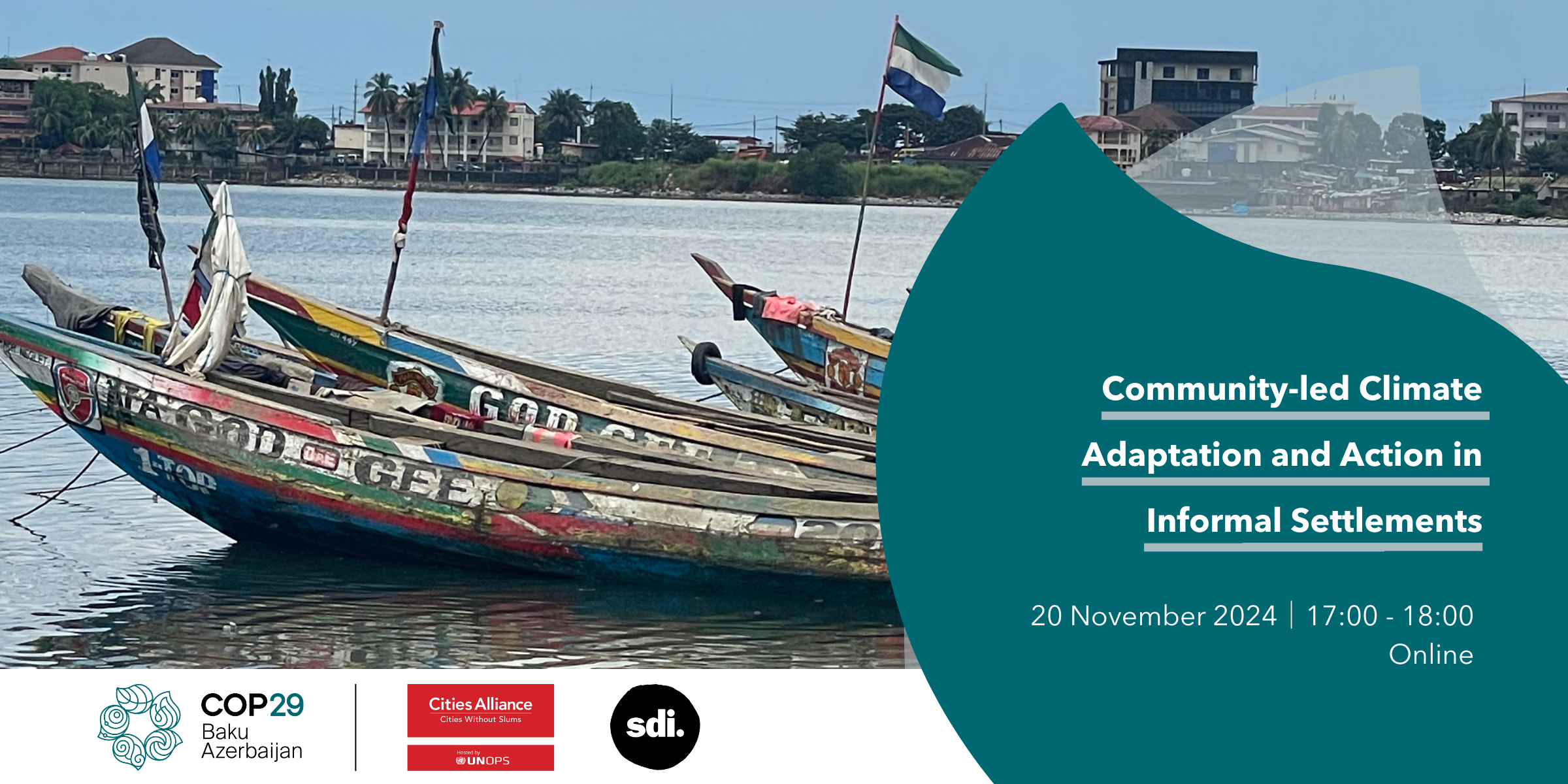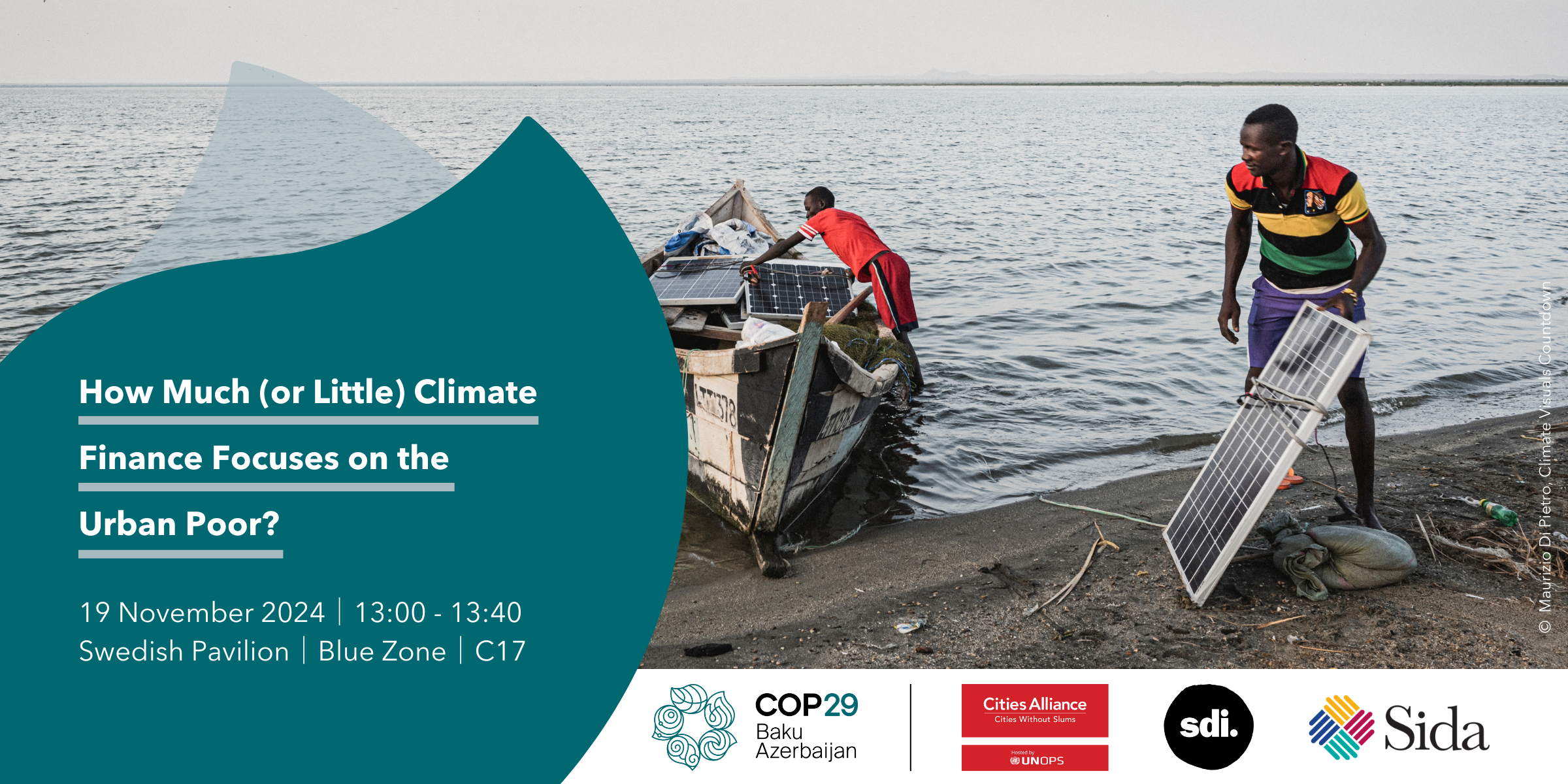- Who We Are
- How We Work
- Regional / Country Initiatives
- Legacy
- Core Themes
- Working Groups
- Portfolio & Results
- Newsroom
- Resources
Inclusive Urban Development: An Alternative Narrative

While COVID 19 is affecting each and every person, one thing is quite clear - the crisis will influence how cities address the social, cultural and physical needs of the poor in ways that are inclusive.
Millions of migrant labour fleeing cities is possibly the most enduring representation of COVID19. The image lays bare two things; a. the city is disconnected with its poor and informal people - where they live, what work they do, how they access housing, how they get clean drinking water and decent sanitation, health care and education, clean energy and decent work; and b. the protocols of housing and services to the poor - of shared and overcrowded habitats that make it hard for the poor to maintain social distance or practice basic hygiene, not just not work in times of such crises, but have remained consistent and unchanged for decades.
Post epidemic, while the economic impact shall be deeply interrogated, the solutions on offer may be market oriented - big businesses propped up to restart the economy. Even as these provisions shall address the economics of the pandemic, the human and social costs of the lockdown, hard to measure, will probably be lost in the subtext. The UN predicts that all SDGs, and that includes SDG 11 (urban) and 6 (water and sanitation), will be adversely impacted by COVID19. Among the hardest hit will be those that live and work informally, particularly women and children.
While COVID 19 is affecting each and every person, one thing is quite clear - the crisis will be disruptive. It shall leave an indelible mark on the way cities are planned - including for informality; how cities must address the social, cultural and physical needs of the poor in ways that are inclusive, equitable, just, ecologically sustainable and resilient. The new narrative requires current protocols and legacies to be questioned, new rules to be evolved and new conversations to be initiated that can create cities for all. COVID19 shows us that we need to bring together non-conventional stakeholders - the epidemiologists, nutritionists, industry leaders, financiers, humanists, educationists, health providers, and others, to provide the new and alternate lenses that should govern future city planning.
INCLUDe (Indian NGOs for Community Led Urban Development) is a network of prominent NGOs and research institutions in community-led, urban habitat development in India. As part of the Network SPARC and CURE seeks to build capacity of local NGOs in cities to engage with communities for inclusive urban development. INCLUDe would like to open up a dialogue with thought leaders from diverse disciplines to ask questions, to build new definitions and protocols and to reimagine a new planning ecosystem that is responsive to the needs of the informal economy, the urban migrant, the poor.
Here are some questions we think need discussion:
Panel 1: Defining Urban Informality
Who are urban migrants? Do we have a definition of urban informality? How long/short must their stay be before they become an integral part of the city? Where and how do the various vulnerable groups, especially migrants, live in our cities? What diverse contexts need to be addressed within city planning to include all their geographies, communities, ecosystems, ecologies. How do we bring in localism into planning? How do we ensure planning participation to ensure access to basic services at the household level so that it produces healthy and productive citizens?
Panel 2: Inclusive and Healthy Cities
What kind of data and with what granularity, is needed for cities to produce better plans that are inclusive, ecosystem based and can produce ecological resilience? How do we reimagine slum upgrading and housing concepts that can enable physical distancing and good hygiene practice, while at the same time make these affordable? How does one look beyond city geographies to establish city, peri urban and regional linkages?
Panel 3: Restoring Urban Livelihoods and Reducing Vulnerabilities
How can planning help reduce vulnerabilities of women and children to violence? How does one ensure safety for all? How do we plan open spaces in cities? What would they mean post COVID 19? How does one integrate livelihood planning into city planning ensuring that people have security of a decent life post these periods of crisis? How can one make sure smart cities are smart for the un-smart?
For more information, go to: info@cureindia.org




